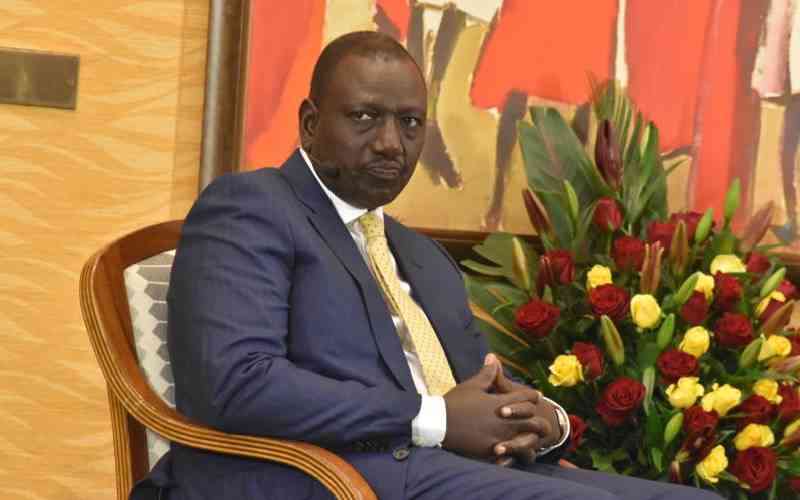×
The Standard e-Paper
Smart Minds Choose Us

An orphan boy in Charles Dickens’ 1838 novel, Oliver Twist, says he will eat the boy who sleeps next to him.
Dickens uses literary hyperbole to bring home the message of starvation among a bunch of boys in an abusive orphanage.